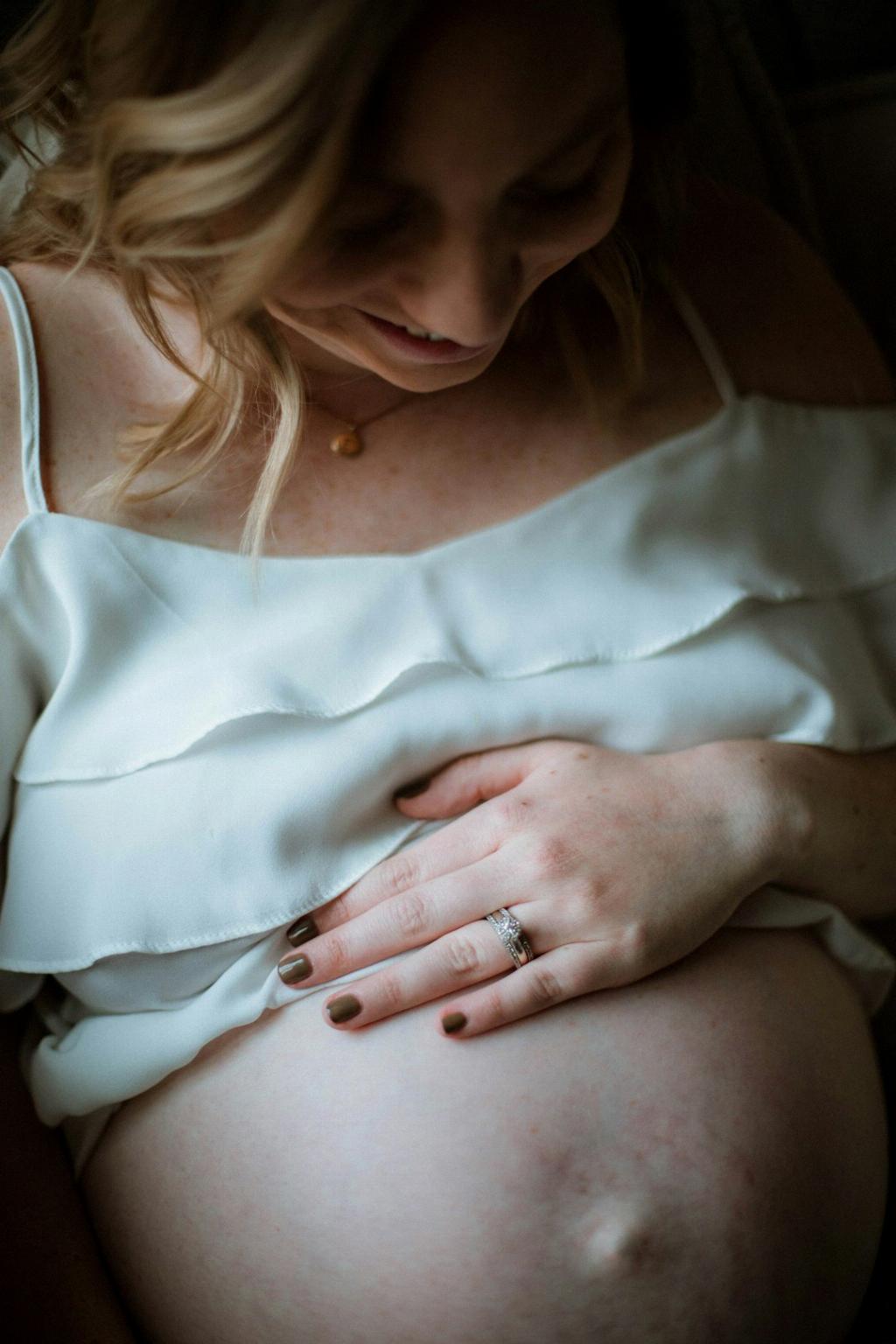When it comes to the question of whether having a baby naturally at 40 is possible, the answer is complex and depends on various factors. It’s essential to understand that fertility declines as women age due to changes in the reproductive system. While there may be exceptions, it’s crucial to have realistic expectations and be informed about the statistics.
The Impact of Age on Fertility
Typically, women in their 40s experience a significant decline in fertility compared to their younger counterparts. The chances of conceiving naturally at 40 are notably lower, with statistics showing a reduction to just over 20%. As women progress into their mid-40s, this percentage drops further to around 10%, indicating a more challenging journey towards conception.
Understanding the Challenges
There are several reasons why fertility decreases with age, including a decline in the number and quality of eggs, hormonal changes, and an increased risk of health conditions that can impact fertility. The chances of conception naturally diminish as these factors come into play, making it more difficult for women in their 40s to achieve pregnancy.
Factors Affecting Natural Conception
Aside from age, other factors can influence the likelihood of conceiving naturally at 40. These include overall health, lifestyle choices, underlying medical conditions, and previous reproductive history. It’s important to consider these factors when assessing your chances of getting pregnant at this stage in life.
Seeking Medical Advice
If you are in your 40s and trying to conceive naturally, it’s advisable to consult with a healthcare provider or fertility specialist. They can assess your individual circumstances, offer guidance on optimizing your chances of conception, and provide information on potential fertility treatments if needed.
Exploring Alternative Options
While natural conception may be more challenging at 40, there are alternative paths to parenthood to consider. These include assisted reproductive technologies such as in vitro fertilization (IVF), egg freezing, or using donor eggs. Exploring these options can provide additional avenues for starting or expanding your family.
Emotional Considerations
It’s essential to acknowledge the emotional aspects of fertility challenges, especially when trying to conceive in your 40s. The journey towards parenthood can be stressful, and it’s crucial to seek support, whether through counseling, support groups, or talking to loved ones about your feelings and experiences.
Optimizing Your Health
Regardless of age, maintaining good overall health and well-being is crucial when trying to conceive naturally. This includes adopting a healthy diet, engaging in regular physical activity, managing stress levels, and avoiding substances that can impact fertility. Taking care of your health can positively influence your reproductive potential.
Setting Realistic Expectations
It’s important to approach the journey towards conceiving naturally at 40 with realistic expectations. While it may be more challenging compared to earlier years, staying informed, seeking medical advice, and exploring alternative options can help you navigate this phase of life with greater understanding and resilience.
Final Thoughts
In conclusion, the possibility of having a baby naturally at 40 is a complex issue that varies from one individual to another. While the statistics may paint a challenging picture, it’s essential to consider all factors at play, seek appropriate medical advice, and stay informed about the options available. With the right support and information, it’s possible to navigate the journey towards parenthood with hope and determination.

